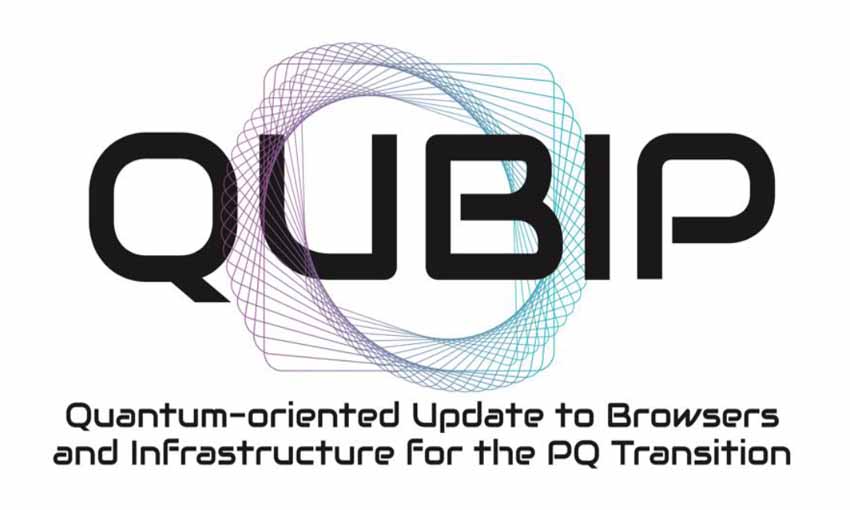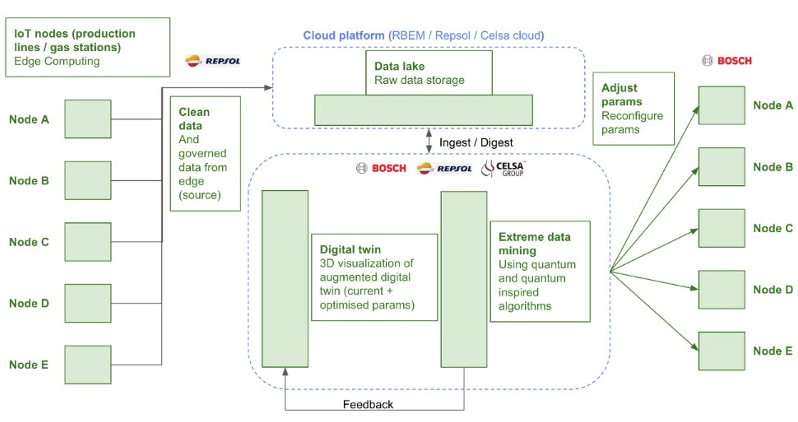Project funded by: European Union’s Horizon 2020 Research and Innovation Programme under Grant Agreement No 872855.
Reference: 872855
Acronym: TRESCA
Name: Trustworthy, Reliable and Engaging Scientific Communication Approaches
Researchers: David Arroyo Guardeño, Alberto Gómez Espes
Project Coordinator: Erasmus University Rotterdam
From: January 2020 to: April 2022


Post-truth, fake news and misinformation are internet-age phenomena that raise suspicion of the credibility and reliability of (scientific) information. While news media have been suffering from a decline of trust in general, the negative consequences for scientific communication are particularly severe, because these can be abused to promote propaganda and conspiracies. In Europe, the media is one of the least trusted democratic institutions (Edelman Trust Barometer, 2018). At the same time, the media is also the most important or common communication channel translating and disseminating scientific information from researchers to the general public.
Approach
TRESCA focuses on the communication of findings from the Social Sciences and Humanities (SSH) research related to Science, Technology, Engineering and Mathematics (STEM) developments around digitalisation. Digital devices and services increasingly permeate people’s everyday lives, which is why TRESCA relies on visual communications to empower and inform people with knowledge to thrive in today’s digital environment.
Three key societal developments are at the heart of TRESCA: misinformation and digital safety, environmental health, and automation and the future of skills and work. During the project, three key tools will be developed: a tested and assessed animated science communication video, a prototype of a misinformation widget working on encrypted communication channels to help identify trustworthy sources, and a Massive Open Online Course (MOOC) for scientists, journalists and policy makers to learn how to best facilitate reliable and trustworthy science communication.
Objectives
The TRESCA project aims to develop trust in science through the innovation of communication practices of scientific researchers, journalists and policy makers. By drawing on the expertise of scholars and practitioners from multidisciplinary backgrounds, TRESCA dives into the question: what drives public trust?
Large scale experimental survey research and qualitative, deliberative research are some of the major methods TRESCA employs to investigate the posed questions. This project was designed with the aim of building long-term impact and creating positive change through engaging with and training stakeholders such as scientists, journalists, policy makers and the public. By doing so, the project urges to boost the production, exchange and use of more trustworthy, reliable and accurate scientific communications. This focus is what makes TRESCA unique.
Consortium partners:
Erasmus University Rotterdam (EUR), Observa – Science in Society (OBS), Zentrum für Soziale Innovation (ZSI), Science|Business (SBP), Kurzgesagt- In a Nutshell (KURZ)

